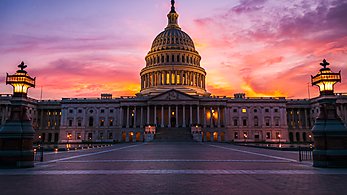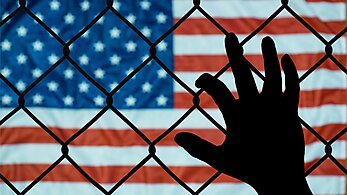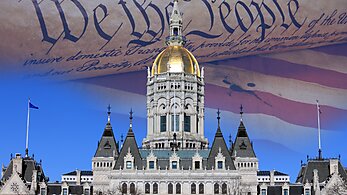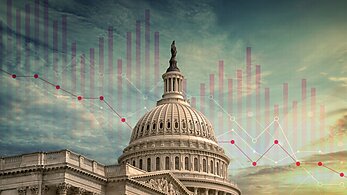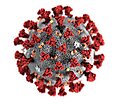What went wrong, what we’ve learned, and how to prepare for next time
Pandemics and Policy
The third great crisis of the 21st century has already inflicted a greater toll in lives lost and economic hardship than 9/11 and the 2008 financial collapse combined. And just as the COVID-19 pandemic has upended our daily lives, it has transformed the political landscape, with governments at all levels exercising emergency powers rarely seen outside the context of total war. With so much at risk, what’s needed now is sober, realistic assessment of the choices ahead—a guide to policies that can stem the damage while avoiding permanent transformation of American life and law. The Cato Institute aims to meet that need with its new series, Pandemics and Policy.
Of course, there are those who see the current crisis as an opportunity for radical change to American institutions. They insist that “there are no libertarians in a pandemic” and that there shouldn’t be.
We beg to differ. While a once-in-a-century pandemic presents challenges for any political philosophy, the botched response to COVID-19 hardly represents an indictment of the American heritage of limited government. From the massive regulatory failures that stifled test provision to archaic restrictions that kept caregivers from patients, government overreach has compounded this disaster. Where they were left free to do so, the institutions of civil society have met the COVID-19 challenge with resilience, adaptability, and old-fashioned American ingenuity.
In the coming months, the Pandemics and Policy series will provide policymakers with an actionable guide to policies that can harness that ingenuity and foster a resilient society capable of meeting the challenges ahead.
Essays
Cato’s Work on COVID-19
The COVID-19 pandemic presents the United States and the world with a challenge it has not seen in generations. Advances in public health and medicine have given many in the developed world a sense that we are invulnerable. Of course, we are not.


